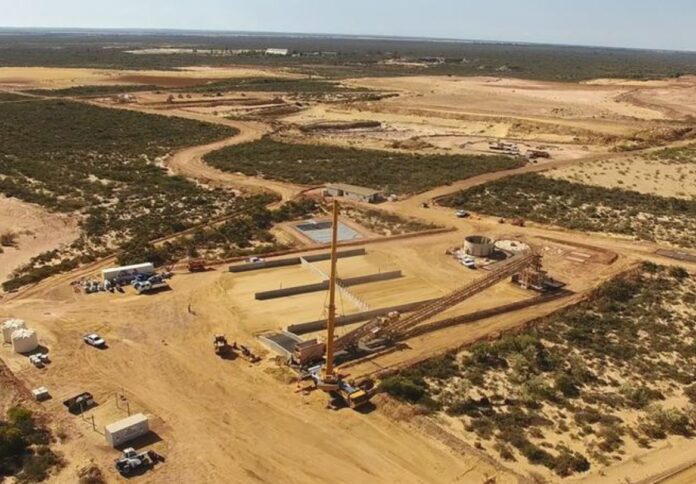The Western Australian Government has unveiled its updated Battery and Critical Minerals Strategy, positioning the state to become a leading global player in the downstream processing of critical minerals.
This refresh comes as WA’s battery and critical minerals industries have seen substantial growth and significant changes in the international investment landscape since the last update in 2020, the government said in a media statement.
The new strategy outlines the government’s vision to expand WA’s competitive, ethical, and value-adding industries through 2030.
It aims to enhance the state’s contribution to global decarbonisation efforts, diversify the economy, and provide meaningful outcomes for regional and Aboriginal communities.
Near-term priority actions for the state government include creating a more efficient approvals system, planning and investing in common-user infrastructure, and providing targeted support for strategically important projects.
Since the introduction of the Future Battery Industry Strategy in 2019, WA’s production of critical minerals has surged, with sales of copper, cobalt, nickel, and lithium rising from $6.1 billion to $22 billion in 2023.
The updated strategy is backed by the government’s new $500 million Strategic Industries Fund, designed to prepare land for future industrial projects and ensure sustainable growth.
This investment, part of the 2024-25 State Budget, will deliver essential infrastructure at Strategic Industrial Areas (SIAs) across regional and metropolitan WA.
New data from the Department of Energy, Mines, Industry Regulation and Safety highlights 2023 as another exceptional year for WA’s resources sector, with employment reaching record levels and sales near a record $248 billion.
WA has also allocated $36.4 million in this month’s State Budget to accelerate approvals for job-creating projects, enhancing the resources available to WA’s approvals framework for timely decision-making.
Premier Roger Cook highlighted the significant investment in WA’s critical minerals processing industries since 2015, amounting to more than $9 billion.
“Critical minerals are the centrepiece of WA’s economic diversification story and we are working to position our State as a major global leader in downstream processing,” Cook stated.
He emphasised the strategy’s development through extensive stakeholder consultation, receiving over 50 submissions following a public discussion paper last year.
“Right now, our priorities are a more efficient approvals system, planning and investment in common?user infrastructure and targeted support for strategically important projects,” Cook added.
The government has committed $500 million to the Strategic Industries Fund to unlock industrial land for major clean energy and job-creating projects.
Additionally, there are plans to develop a future Critical Minerals Advanced Processing (CMAP) common-user facility to further enhance mineral processing opportunities.




















